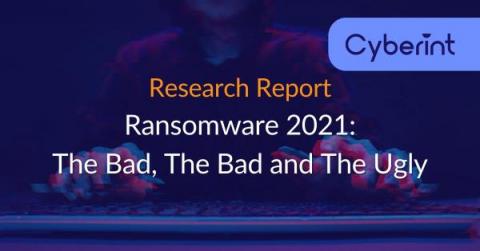Like Father Like Son? New Mars Stealer
First observed in 2021 and advertised as a standalone version on various cybercriminal forums, Mars is an information stealer mainly targeting Windows victim credentials and cryptocurrency wallets including 2FA plugins and any essential system information. Mars is also capable of loading any type of file by downloading and executing them from a given drop-zone. Over the past several months, Mars took the place of a solid info stealer.











